Ever wondered what keeps your brain sharp, your liver healthy, and your body in top shape? The answer might surprise you—it’s choline! This little-known nutrient is the ultimate multitasker, helping with memory, metabolism, and even heart health.
But here’s the problem: Many of us don’t get enough choline in our diets. This is no small thing, as its deficiency can lead to an increased risk of fatigue, liver issues, or even memory loss. But worry not. Here, I’ll explain everything, including how this nutrient works, the best foods to eat, and a lot more. You’re about to become a Choline pro!
What is Choline?
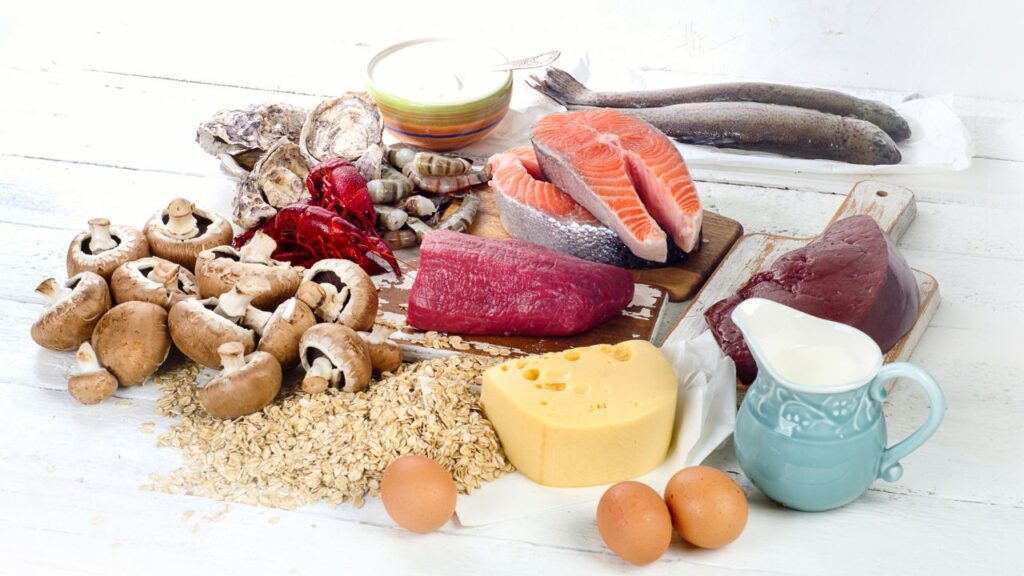
In simpler words, Choline is a nutrient essential for your body to work properly. It’s not technically a vitamin, but it’s just as important. It is a water-soluble nutrient that interacts with folate, vitamin B12, and methionine to keep us healthy. It helps your brain, liver, and muscles stay healthy. In short, choline consumption is super important.
Your body makes some naturally, but it’s not enough. So you need to get it through food or choline supplements. A lot of people ask why this nutrient is so important.
Note that Choline plays a big role in making cell membranes, which are like the walls that keep every cell in your body together. Without this nutrient, these walls might not hold up, and that can cause problems like nonalcoholic fatty liver disease. You might even notice problems with muscle control.
Top 3 Functions of Choline in the Body
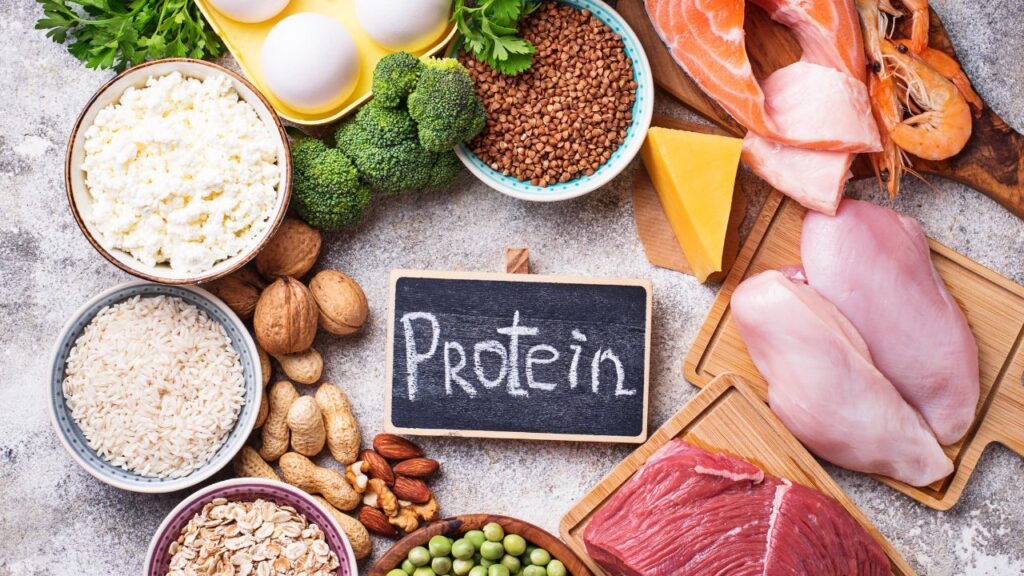
Choline has many important jobs in your body. It supports brain function, helps with fat metabolism, and keeps your liver healthy. In most situations, it even lowers cardiovascular disease risk. Let me explain its functions one by one in detail:
Promotes Healthy Liver Function
One of choline’s main jobs is to prevent fatty liver disease. It helps your liver get rid of fat, so it doesn’t pile up and cause problems like liver dysfunction or even liver cancer. There’s more.
It supports the production of methyl groups and relies on endogenous synthesis to maintain critical functions like DNA (human and bacterial genes) repair, which ultimately promotes liver health. This is why adequate intake of choline is so crucial.
Aids in Cell Structure
Every single cell in your body has a membrane, and choline helps build those membranes by producingphospholipids. These are super important for keeping cells stable and strong. Also, the synthesis of dietary phosphatidylcholine (a vital component of cells) depends on choline. CDP-Choline, a precursor of phosphatidylcholine, is essential for supporting overall cognitive performance.
Boosts Metabolism
Ever heard about choline metabolism? The nutrient helps break down fat and turn it into energy. It’s that simple. The best part? Metabolism also keeps weight in check by preventing fat from building up.
I opted for the Dietary Betaine supplement, a nutrient choline-containing compound. It supports methylation and helps regulate plasma choline concentrations and intestinal microbial metabolism. However, be careful about betaine dietary intake. Doctors may advise you on these dietary supplements:
- Those with Choline salts
- Choline acetyltransferase
- Choline metabolites
- Choline bitartrate
- Intravenous choline supplementation
- Prenatal choline supplementation
- Maternal choline supplementation
- Trimester maternal plasma choline
How Much Choline Do You Need?
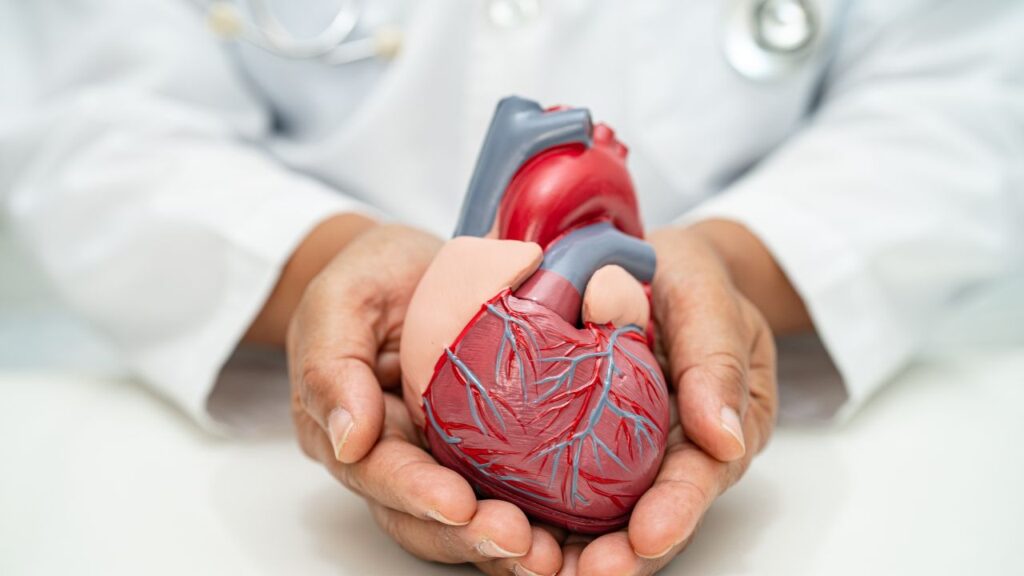
According to the Food and Nutrition Board, the recommended mg/day of choline depends on your age, gender, and if you’re pregnant. Adults typically need about 425–550 mg daily, while pregnant women need even more to support the baby’s growth. So, note these dietary reference intakes.
But here’s the tricky part: Choline production is not enough for us. Unfortunately, low dietary choline intakes are also common. Vegans are at risk of facing adverse effects, as they avoid animal products (which are top sources of choline).
To avoid low choline intake, you might need to adjust your diet or consider the usual choline supplementation (if your doctor recommends it). Choline and betaine are usually potent options. Both are often used in parenteral and enteral nutrition for patients requiring total parenteral nutrition.
Who is at Risk for Choline Deficiency?
Some people are more likely to have dietary choline deficiency. Here are some groups who need to pay extra attention:
- Those eating a choline-deficient diet (not caring about dietary intake).
- Pregnant women need (because they need it more for fetal brain development and preventing neural tube defects).
- People with incident coronary heart disease.
- Patients receiving parenteral nutrition.
- Vegans.
- Those with kidney conditions might face choline deficiency.
- Premenopausal women.
- Those who don’t keep a tab on total choline intakes.
In case of any problem, get your tests done and take the choline deficiency results to your doctor.
Best Dietary Sources of Choline
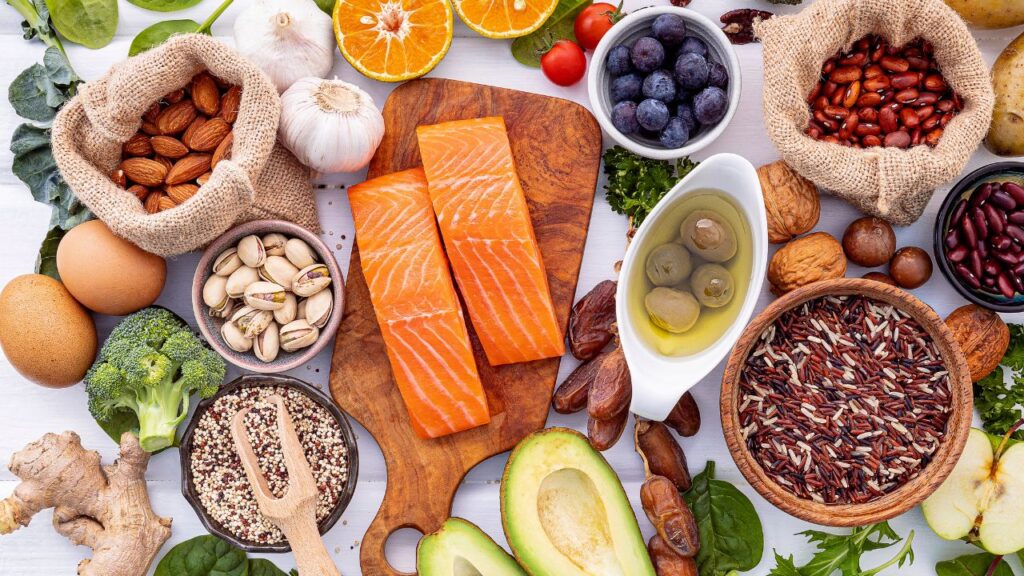
You don’t have to rely on choline chloride supplements to get your fill. There are plenty of foods packed with this nutrient! Some of the best sources of choline include:
Egg Yolks
Egg yolks are the superstar here. They’re one of the richest sources of choline, and it’s in a form your body absorbs easily. If you’re a fan of omelets or sunny-side-up eggs, you’re already ahead of the game. Keep in mind that just one large egg yolk provides about 147 mg of this nutrient.
Beef Liver
Beef liver is a powerhouse and a great source of free choline content. Just 3 ounces of cooked beef liver packs around 356 mg, well above the daily requirement for many people. If you don’t like the beef liver taste, don’t worry. Just make delicious stir-fries with it.
Fish (e.g., Salmon)
Salmon is a double winner. Not only are these species rich in omega-3 fatty acids, but they also contain choline in big numbers—about 75 mg per 3-ounce serving. Eating salmon every week will support brain health and heart health.
Soybeans and Soy Products
For plant-based eaters, soybeans are a lifesaver. Note that a cup of cooked soybeans has roughly 107 mg. The best part? They are also a great source of other essential nutrients like pantothenic acid. The most healthy soy products are:
- Tofu
- Soy milk
- Edamame.
Additional Health Benefits of Choline
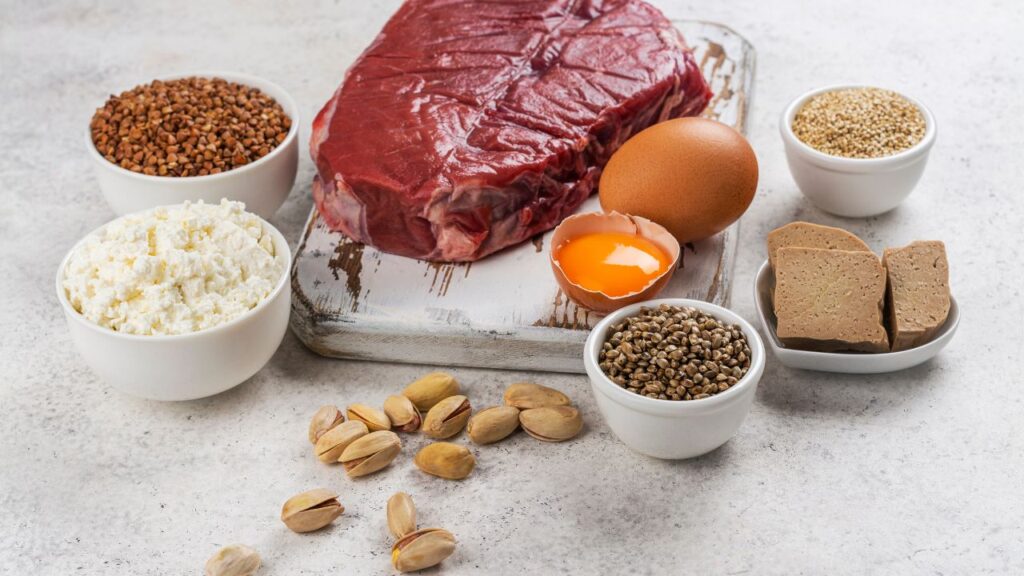
You already know choline is important, but it also has some surprising extra benefits. Let me break them down.
Improves Heart Health
As discussed above, Choline lowers homocysteine levels in the blood. In doing so, it also reduces the chances of heart problems like cardiovascular disease or atherosclerosis risk. If you consume choline-rich foods regularly, you are less likely to get a heart attack.
Supports Fetal Development
Maternal choline intake is key during pregnancy. Make a note that it’s essential for your baby’s growth and development. One of its key jobs is helping the baby’s brain and spinal cord form properly. This is associated with a reduced risk of neural tube defects.
Supports Brain Development
Choline is incredibly important for brain health and development. One of its main roles is helping the body produce a neurotransmitter called acetylcholine, which is like a messenger for your brain. Acetylcholine plays a big part in memory, learning, and overall cognitive function. Studies even suggest it might lower cognitive decline as we age.
Can Too Much Choline Be Harmful? Issues With Higher Dietary intakes
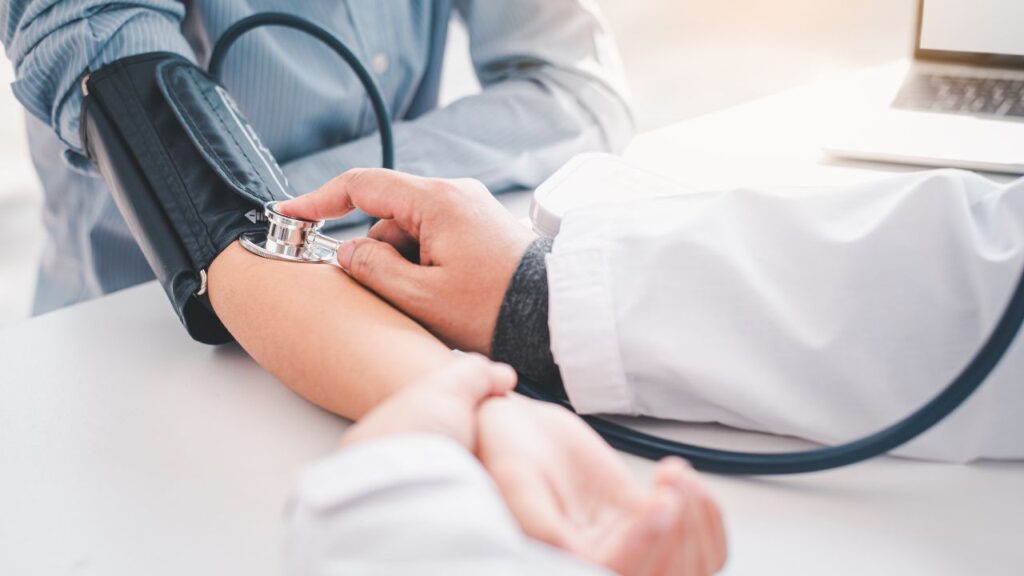
Yes, excessive choline levels can be harmful. Consuming it beyond the tolerable upper intake level (3,500 mg/day for adults) can cause side effects. Too much of it is associated with an increased risk of:
- Nausea
- Low blood pressure.
- Fishy body odor
So, avoid higher choline intakes (unless your doctor suggests choline therapy).
Conclusion
All in all, Choline is an essential nutrient for us. It supports brain health, liver function, and heart health. Luckily, we can get it easily from foods like eggs, salmon, and soybeans. Balanced choline intake keeps your body strong and healthy. Moreover, note that pregnant women need more choline for fetal development.
So, start focusing on this nutrient from today and feel the benefits for years!
















